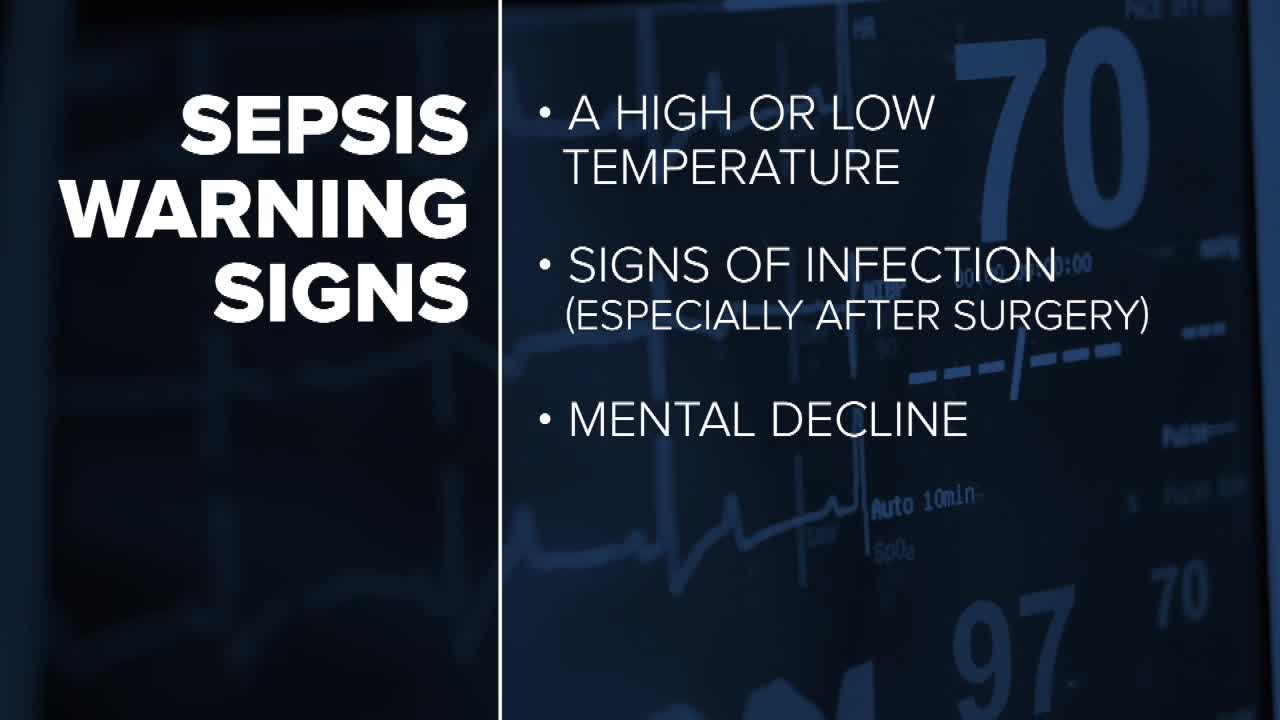- Ricky Smith, a longtime community advocate and Omaha Public School Board member, spent more than six weeks in intensive care after being diagnosed with sepsis — a severe infection that attacks the body’s organs.
- UNMC infectious disease expert Dr. Jasmine Marcelin says sepsis kills one person every two minutes in the U.S. and can strike anyone — even healthy individuals. She stresses knowing the warning signs: high or low temperature, post-surgery infection, confusion, and feeling severely ill.
- Still recovering and relearning to walk in a California hospital, Smith says his experience has changed his outlook on life — reminding him to “love on each other and take care of each other” and to give back “as much as possible, wherever possible.”
BROADCAST TRANSCRIPT:
What started as a routine work trip quickly turned into a life-threatening health crisis for Ricky Smith — a well-known North Omaha community leader, Omaha Public School Board member, and Empowerment Network program specialist.
Smith has spent weeks in intensive care and nearly a month and a half in California after being diagnosed with sepsis, a severe infection that can cause organ failure and death if not treated quickly. He spoke with me via Zoom from his hospital room in Los Angeles.
“It just hits people I guess — unexpectedly. There were so many different pockets of toxic things in my body,” Smith said.Friends describe Smith as a devoted family man and tireless advocate for youth and education. Now, as he works to recover, they’re also rallying to raise awareness about the dangers of sepsis — and how fast it can become life-threatening.
“It’s just been a whole ordeal. Again, I never thought it would’ve attacked my body like this,” he added.
Understanding Sepsis and Its Warning Signs
Sepsis develops from an untreated infection — and in Smith’s case, doctors still aren’t sure what triggered it.
Medical experts in Omaha say early recognition and treatment are crucial.
“Sepsis kills people as the number one reason in the hospital… sepsis kills every two minutes in the United States,” said Dr. Jasmine Marcelin with UNMC. Marcelin emphasized the importance of knowing the warning signs, which can include:
- A high or low body temperature
- Signs of infection, especially after surgery
- Mental decline or confusion
- Feeling extremely ill
“Even the healthiest people without medical histories can have issues with sepsis... and one of the things that is really important is understanding the early signs,” Marcelin said.
A Journey of Recovery and Gratitude
Smith remains in California, continuing therapy and learning to walk again. While his return to Omaha is uncertain, he says this experience has changed his outlook on life and community.
“I just think it’s important that we all love on each other and take care of each other. I know I’m going to give more when I get back — as much as possible, wherever possible — just because you never know,” Smith said.
For now, his story serves as both a warning — and an inspiration — to pay attention to our health and cherish those around us. I’m Melissa Wright, your North Omaha Neighborhood Reporter.
This story was reported on-air by a journalist and has been converted to this platform with the assistance of AI. Our editorial team verifies all reporting on all platforms for fairness and accuracy.



